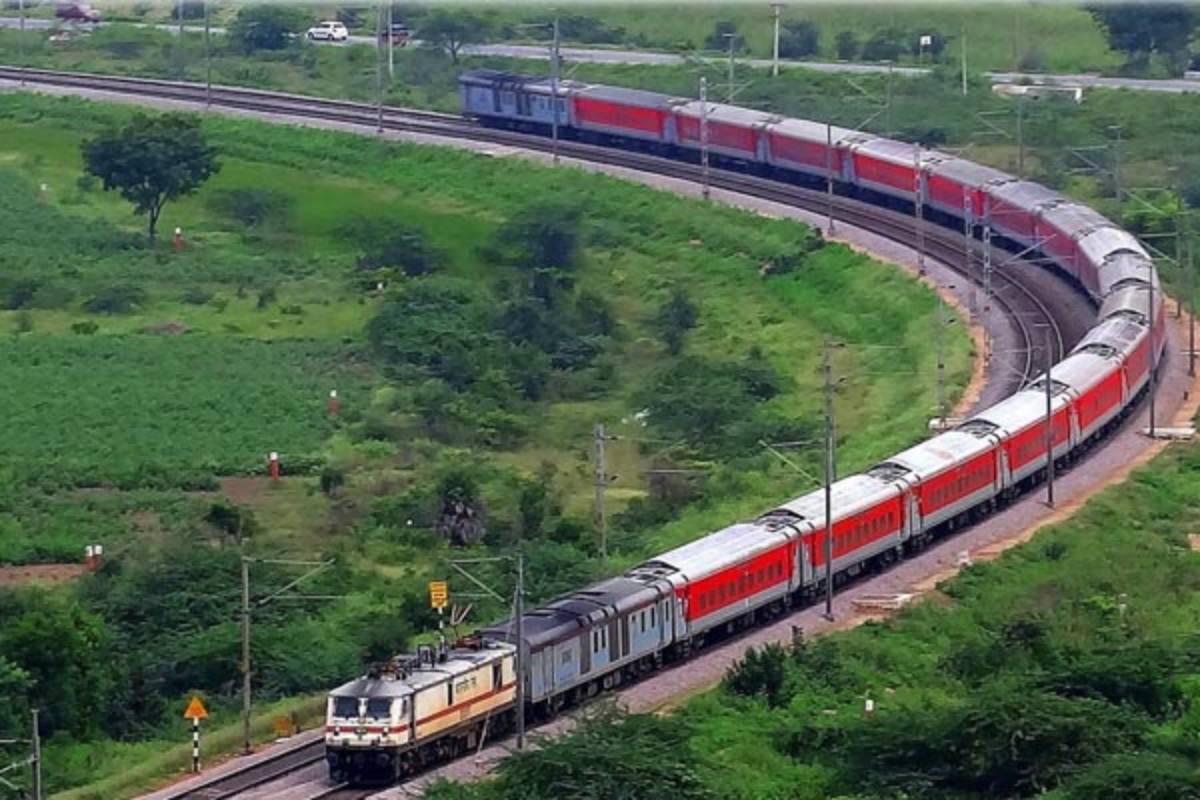ER ensures smooth passage for passengers at Kumbh bound trains
Kumbh Mela, one of the largest religious gatherings in the world, attracts millions of pilgrims from across the country.
The Eastern Railway has urged passengers and other people not to panic if they see smoke from the train wheels.

Eastern Railway Representative image
The Eastern Railway has urged passengers and other people not to panic if they see smoke from the train wheels. It has clarified that smoke emanating from the wheels is a common occurrence in both ICF and LHB coaches.
Notably, brake binding occurs when brakes of a train do not release properly, causing the wheels to stop rotating freely. The air brake system in coaching stock operates using a twin-pipe system – one for feed pressure and another for brake pressure. The air pressure in the coaches is maintained by the locomotive, with the loco pilot controlling the brake pipe pressure via a valve (A-9). When stopping the train, the loco pilot reduces the brake pipe pressure, which acts through the distributor valve (DV) in the coach to activate the brake cylinder. The activated brake cylinder then applies the brakes, gripping the wheels with brake blocks in ICF stock or gripping the brake discs with brake pads in LHB stock.
Advertisement
As explained by the zonal railway authorities, in both ICF and LHB stocks, friction between the brake block and wheel, or the brake pad and brake disc, generates heat during full-service brake application. This friction can sometimes produce smoke. Additionally, debris or materials lodged in the brake pads may melt or burn due to frictional heat, causing smoke and a burning smell. However, the brake pads used in our trains are made of materials approved by RDSO, although they may generate smoke after friction.
Advertisement
As elaborated by the ER office, sometimes, unwanted brake applications might also occur in one or more coaches due to various reasons like alarm chain pulling, ballast hitting and so on. This type of sudden, unintended brake application can generate significant smoke at the contact points between the brake block and wheel in ICF stock, and between the brake pads and brake discs in LHB coaches.
According to the chief public relations officer of Eastern Railway, Kausik Mitra, whenever smoke is generated due to brake application, the train crew is fully equipped and trained to take immediate steps to address the situation. “There is no fire safety issue in case of brake binding as it is a mechanical phenomenon causing friction between two surfaces only,” he added.
Advertisement